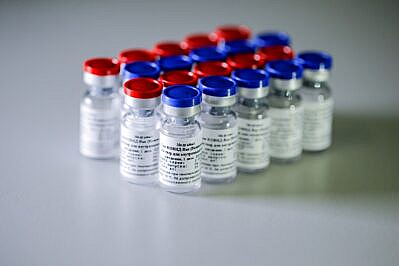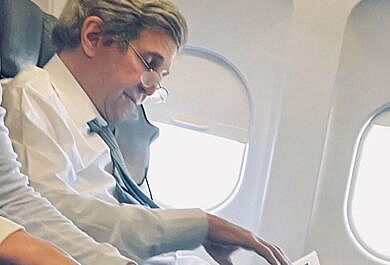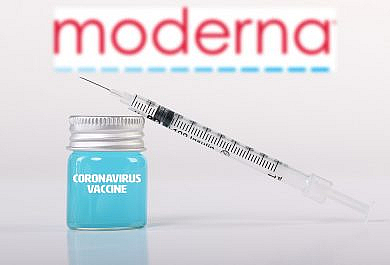Sputnik-V: What happened?
Summary
Russia was met with skepticism when it announced its coronavirus vaccine in August. President Vladimir Putin insists that the vaccine is safe and effective.
- On August 11thvaccinvacc, Russia announced the launch of Sputnik-V, supposedly the most effective vaccine against COVID-19 in the world, after two months of clinical trials.
- The announcement was met with backlash and skepticism from health leaders around the world, who posited that it was too soon to tell if the vaccine was effective, and discouraged scientists from rushing a solution. Russia called the concerns baseless, and said that they planned to start administering the vaccine to the public in October.
- News of the vaccine came about a month after reports that Russian hackers had tried to infiltrate Western medical research institutions, potentially to steal data related to vaccine development.
- On September 4th, Russia released results from its first two months of clinical trials for the vaccine. The clinical trial showed that the vaccine was safe, and that it prompted an appropriate antibody response within three weeks in all 40 people tested. However, European medical researchers said that the sample size for the trial was not sufficient for the vaccine to be approved by Western standards.
- In an exclusive interview yesterday, the director of the institute which developed the vaccine shared that even the researchers who developed it were surprised by how swiftly the vaccine was rolled out. He said that vaccines normally require more testing before they are administered to humans.
- In late September, Russia doubled down on its confidence surrounding Sputnik V by agreeing to take on part of the legal liability associated with the vaccine and offering massive insurance payouts for clinical trial volunteers who get sick. In the United States, most vaccine manufacturers request full indemnity of legal risks.
- Around the same time, Russia offered its vaccine to UN workers free of charge in a show of good will on the 75th anniversary of the organization. The UN did not respond immediately to take Putin up on the offer.
- Late last week, Russia signed manufacturing agreements for the vaccine with 10 countries in Asia, South America and the Middle East.
- President Putin and his daughter have both allegedly received the vaccine.
- In the United States, where progress remains slow and uncertain on a coronavirus vaccine, Trump is optimistic about the prompt arrival of a made-in-America solution. Pence said last week that the United States is “weeks away” from a vaccine, but the CEO of Pfizer said that such a short timeline was unrealistic.
![]()
- Compares the hunt for an effective coronavirus vaccine to the Space Race, which implies that the vaccine is as much about geopolitics and nationalism as it is about health and safety.
- Unpacks the source of distrust surrounding the safety of vaccines in the United States, particularly in minority communities, and argues that unless these issues are addressed the COVID-19 pandemic will not slow.
- Highlights COVAX, an initiative which calls for governments to collaborate on the development and distribution of a coronavirus vaccine for the benefit of the entire world. The left reports that 156 countries have joined the COVAX effort, but the United States has not.
- Points out that even Russians are skeptical of Sputnik-V, and that it is unwise to rush the process.
![]()
- Similar to the left, expresses skepticism that the process of the trials has already advanced to phase 3.
- Is cautiously optimistictowards the overall progress and credibility of the Russian vaccine comparatively to other testing labs throughout the world.
- Asserts that Democrats have made the testing and distribution of the potential vaccine a political issue because of their campaign against Donald Trump.
- Reports that the U.S. will have a reliable vaccine by late 2021 in order to ensure credibility and strong test results during clinical trials.
© Evelyn Torsher, 2020






